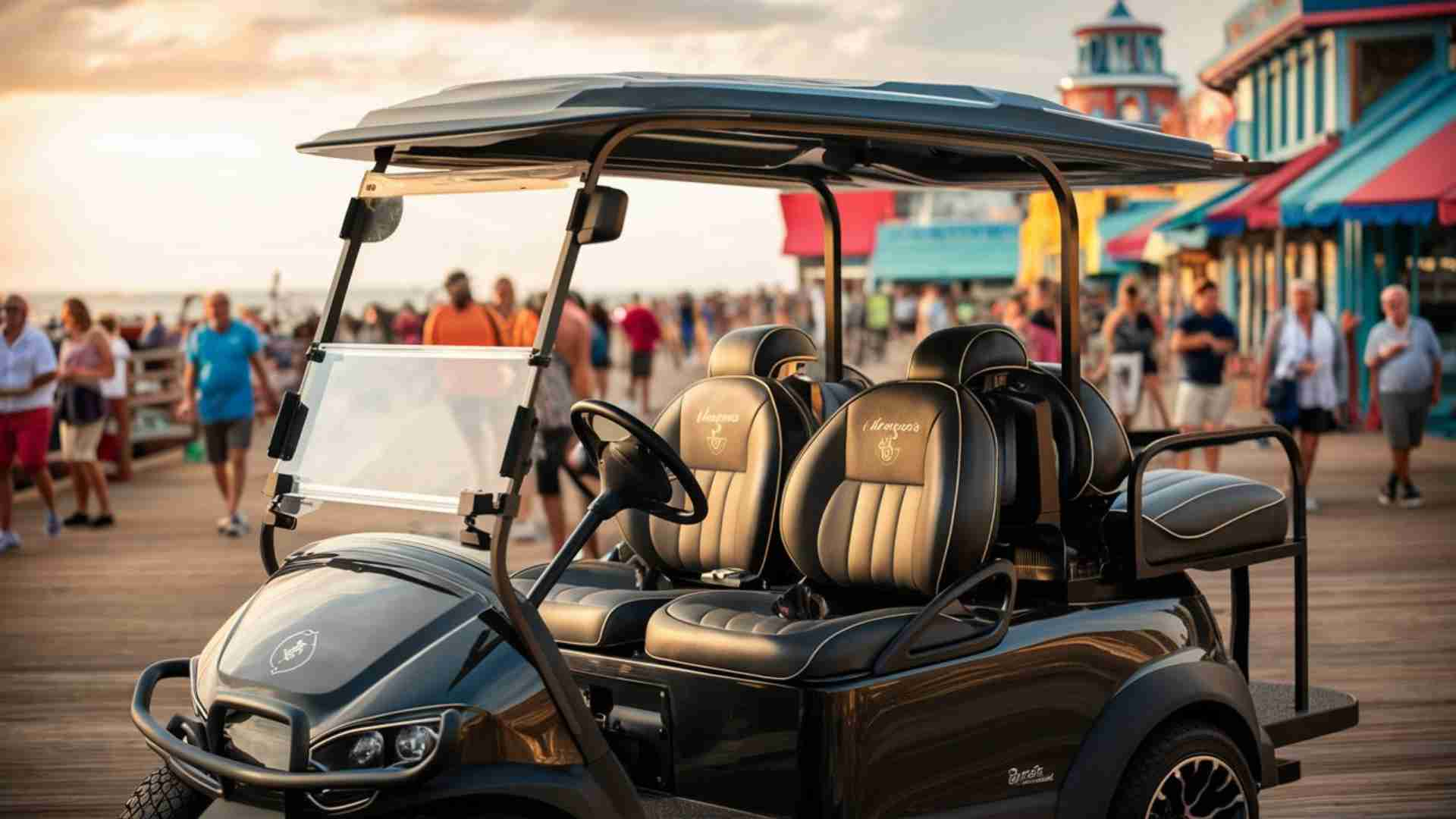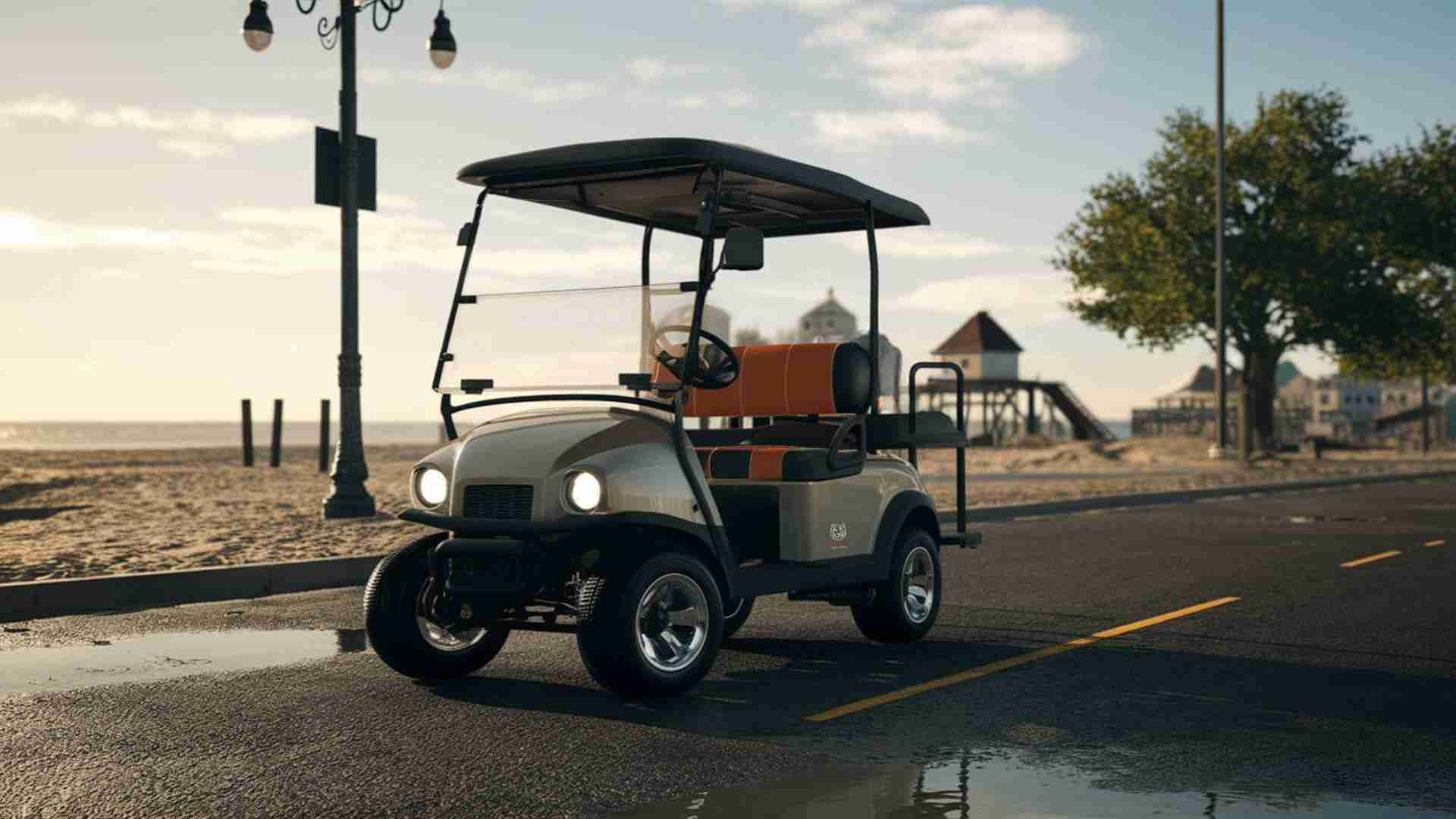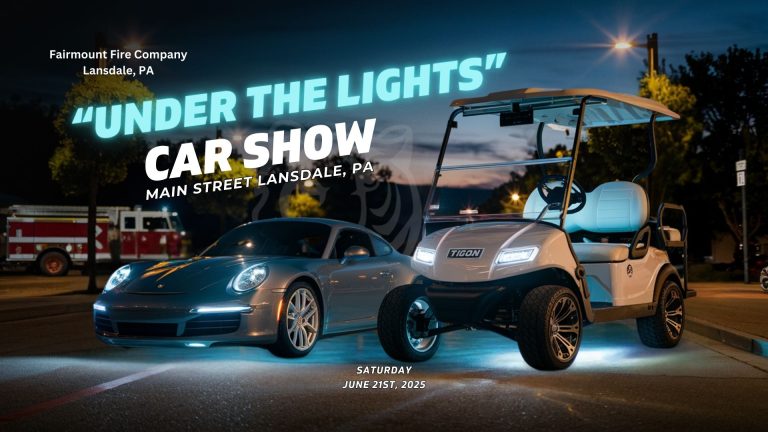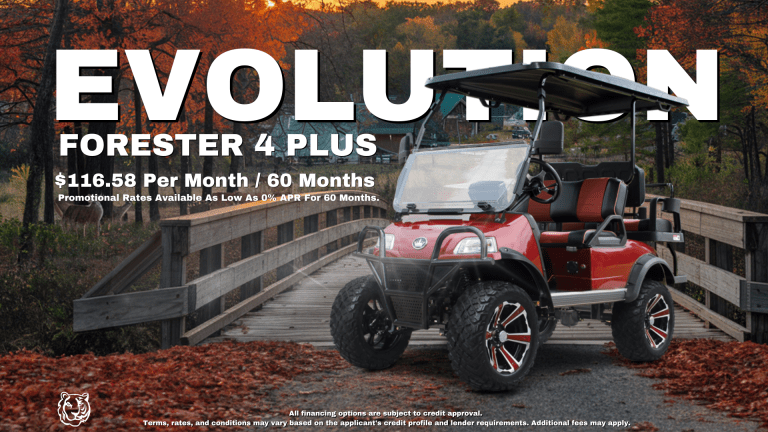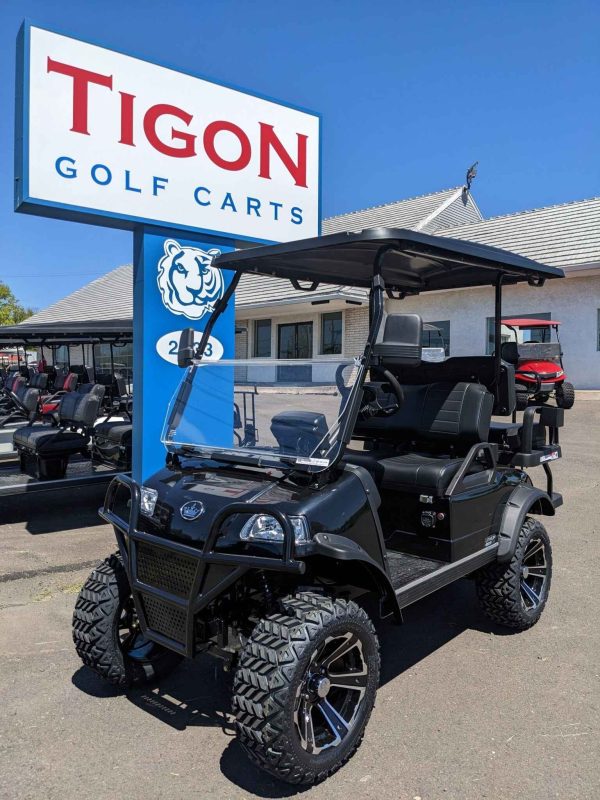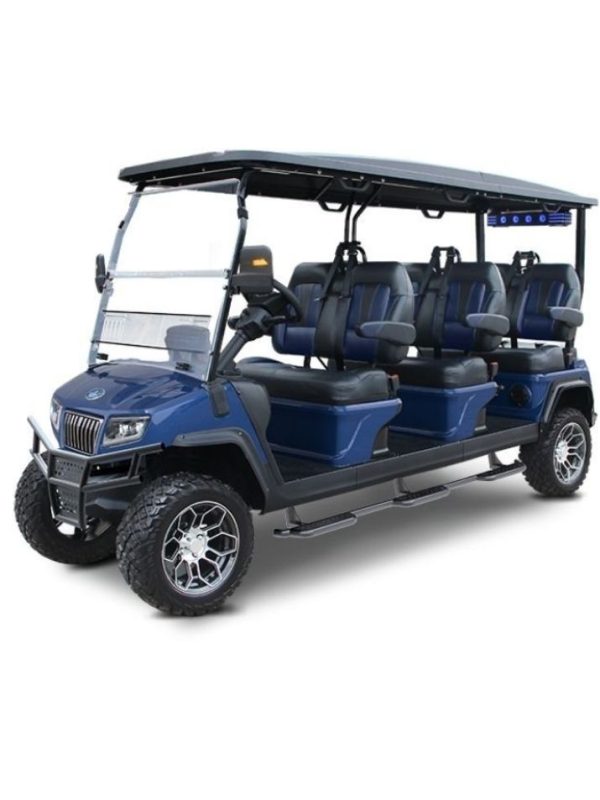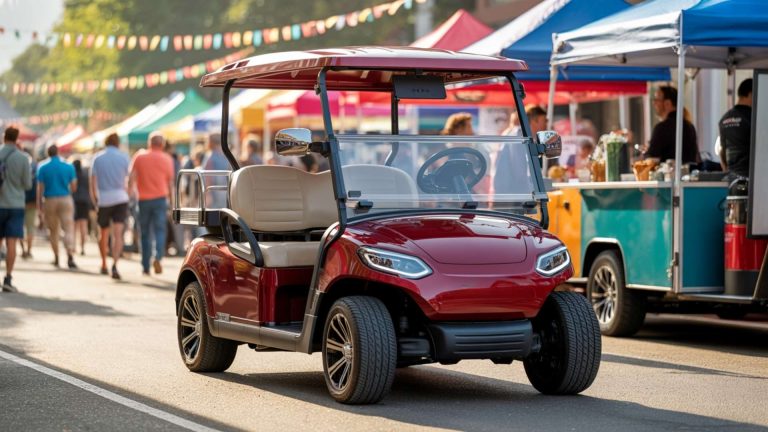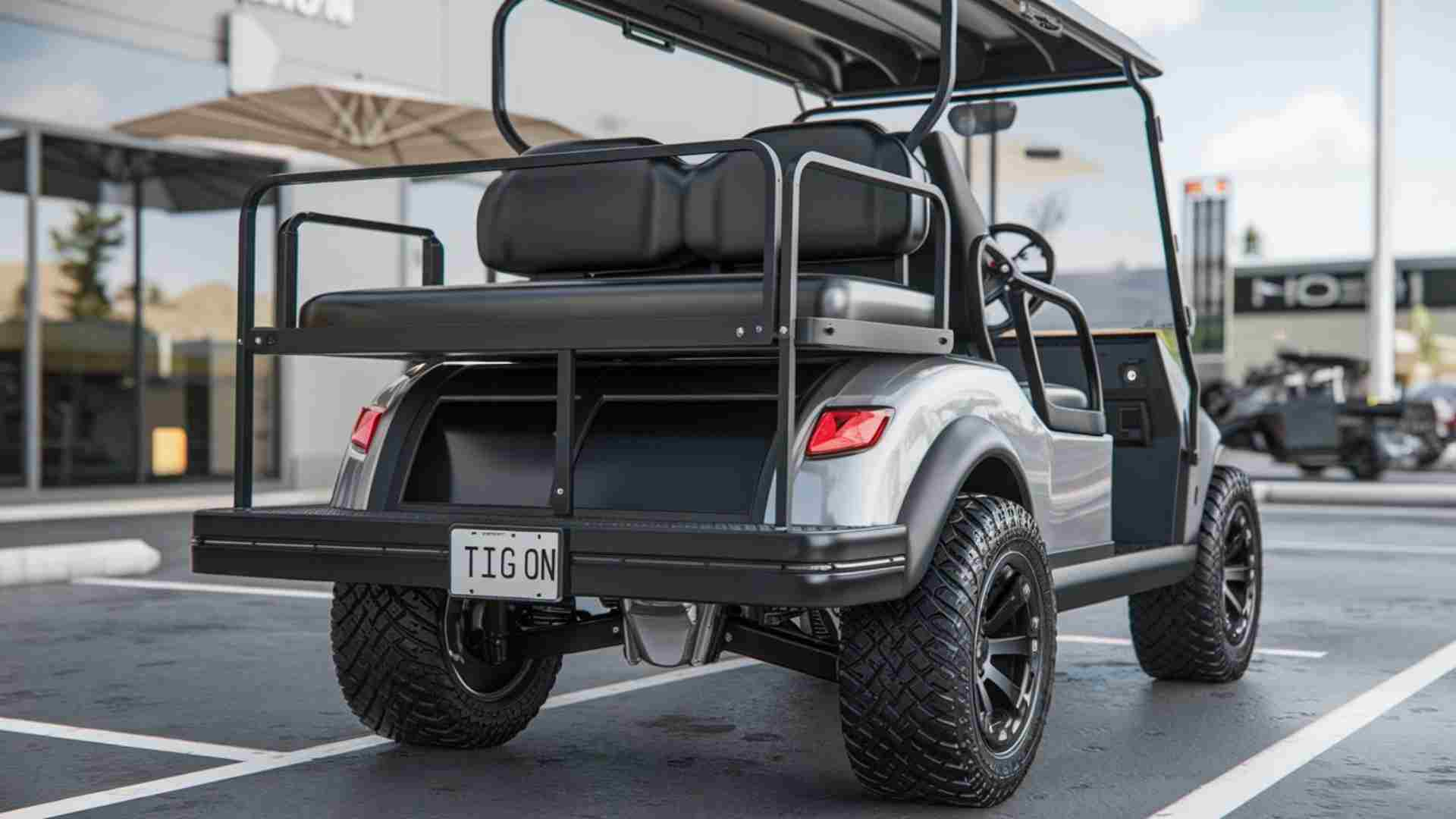
Understanding Golf Cart Laws As A Community
Understanding The Golf Cart Laws
Navigating golf cart laws can be tricky, especially with the rise of neighborhood electric vehicles in our communities. To empower our rides and ensure everyone’s safety, let’s dive deeper into the requirements for operating these vehicles.
Driver’s License Requirements
When it comes to operating golf carts on public roads, most states require drivers to have a valid driver’s license. This helps ensure that drivers understand road safety and traffic regulations. However, some states make exceptions. For instance, certain areas allow individuals without a driver’s license to operate a golf cart if they are accompanied by a licensed adult or if they are driving on private property. Below is a brief overview:
| State | License Requirement |
|---|---|
| Florida | Required for LSVs (speeds 20-25 mph), not for standard carts |
| Pennsylvania | Required for modified carts exceeding 20 mph |
| New Jersey | Required for LSVs, not for standard carts in specific areas |
For more on ensuring compliance with local laws, check out our guide to street legal golf carts.
Minimum Legal Age
The minimum legal age to drive a golf cart varies across states, typically ranging from 12 to 18 years old. Many states set the age at 16. Younger drivers without a driver’s license often need adult supervision. For example, in Florida, operators must be at least 14 years old to drive a golf cart on designated public roadways. Here’s a quick look at the age requirements in some states:
| State | Minimum Age | Notes |
|---|---|---|
| Florida | 14 | Minimum age for public roadway operation |
| Pennsylvania | 16 | Valid driver’s license required |
| New Jersey | 16 | LSV operation requires a license |
| North Carolina | 16 | License required for road use |
For tips on maintaining your vehicle, check out our golf cart maintenance guide.
Operating Restrictions and Requirements
Golf cart regulations can vary widely. To keep everyone safe and compliant, it’s essential to understand the operating restrictions and requirements in your area. For more, visit our operating restrictions guide.
Daylight Hours Limitation
We can operate golf carts only during daylight hours. Most states restrict golf cart use to the time between sunrise and sunset. This rule aims to enhance visibility and reduce the risk of accidents.
| State | Daylight Hours Limitation |
|---|---|
| Pennsylvania | Sunrise to Sunset |
| New Jersey | Sunrise to Sunset |
| Delaware | Sunrise to Sunset |
| North Carolina | Sunrise to Sunset |
For more information on where and when to drive your golf cart, check out our street legal golf carts guide.
Equipment and Safety Features
Golf carts must be equipped with essential safety features. These features ensure that our rides are safe not just for us, but for pedestrians and other vehicles too. Below are some common equipment and safety features required:
- Headlights and Taillights: Necessary for any evening or dawn use.
- Turn Signals: Helps indicate our intentions to other drivers.
- Brake Lights: Mandatory for stopping safely.
- Windshield: Protects us from debris.
- Mirrors: Allows us to see behind.
- Seat Belts: Recommended for additional safety.
- Horn: Useful for signaling other drivers and pedestrians.
For more information on golf cart accessories and safety upgrades, visit our accessories page.
Insurance Regulations
Navigating the intricacies of golf cart laws can be a challenge, particularly when it comes to insurance regulations. These requirements can vary significantly from state to state. In this section, we’ll delve into the state-by-state variations and the key aspects of liability coverage. For more on insurance options, check out our insurance requirements guide.
State-by-State Variations
Golf cart insurance requirements differ widely across the United States, and it’s essential for us to understand our state’s specific regulations to stay compliant. Below is a table summarizing the insurance requirements for several states:
| State | Insurance Requirement |
|---|---|
| Arizona | Liability insurance required |
| Texas | No statewide requirement; varies by city |
| Florida | No insurance required for standard golf carts, LSVs require insurance |
| North Carolina | Minimum liability insurance required |
| Delaware | Must be insured if operated on public roads |
For additional details on making your golf cart street-legal, visit our street legal golf carts page.
Liability Coverage
Liability coverage is a crucial aspect of golf cart insurance. This type of coverage helps protect us from financial losses if our golf cart causes injury or property damage to others. Here’s what liability coverage typically includes:
- Bodily Injury Liability: Covers medical expenses, lost wages, and legal fees if someone is injured in an accident involving our golf cart.
- Property Damage Liability: Pays for damage to someone else’s property, such as a vehicle or building, resulting from an accident caused by our golf cart.
For those of us operating golf carts or neighborhood electric vehicles regularly, it’s advisable to consider comprehensive and collision coverage. This additional coverage can protect our golf cart from damages like theft, vandalism, and natural disasters.
State-Specific Laws
Pennsylvania Regulations
In Pennsylvania, golf carts must meet certain criteria to be considered street-legal. These vehicles need to be registered, titled, and inspected by local authorities. They can only operate on roads with a posted speed limit of 35 MPH or less.
- Minimum Driver’s Age: 16 years with a valid driver’s license
- Maximum Speed Limit: 35 MPH or less
- Safety Features: Brakes, brake lights, headlights, tail lamps, turn signals, steering mechanism, rearview mirror, windshield, tires, seat belts
- Insurance: Liability insurance required
For more information on Pennsylvania-specific regulations, check out our Pennsylvania regulations guide.
New Jersey Laws
New Jersey also has specific requirements for golf carts. Golf carts that exceed certain speed limits are classified as Low-Speed Vehicles (LSVs) and must be registered and insured.
- Maximum Speed Limit: 25 MPH for LSVs
- Registration & Insurance: Required for LSVs
- Driver’s License: Required for LSV operation
To learn more, visit our New Jersey street legal golf carts page.
Delaware Requirements
In Delaware, golf carts must adhere to specific laws depending on their use. Golf carts operating on public roads must have the necessary equipment to ensure safety and compliance with traffic laws.
- Maximum Speed Limit: 25 MPH for LSVs
- Driver’s License: Required for LSV operation
- Registration: Required for all golf carts operated on public roads
For more on Delaware golf cart laws, visit our Delaware guide.
North Carolina Laws
North Carolina requires golf carts operating on public roads to be registered, and drivers must have a valid driver’s license. Additionally, these vehicles must meet certain safety standards.
- Minimum Driver’s Age: 16 years
- Speed Limit: 35 MPH or less
- Registration & Insurance: Required
- Safety Features: Brakes, lights, mirrors, seat belts, and more
For more on North Carolina’s regulations, visit our North Carolina street legal golf carts page.
GET THE GOLF CART LSV AT THE RIGHT PRICE!
Tigon Golf Carts proudly offers 0% Vehicle Financing, making it easier than ever to own your dream golf cart. With flexible payment options and competitive rates, we ensure that Upgrading or Purchasing for the first time is not only exciting but also financially feasible for our customers, allowing you to hit the road in style without breaking the bank.

